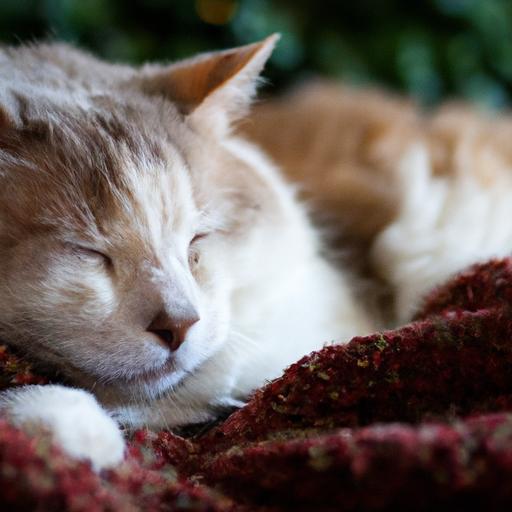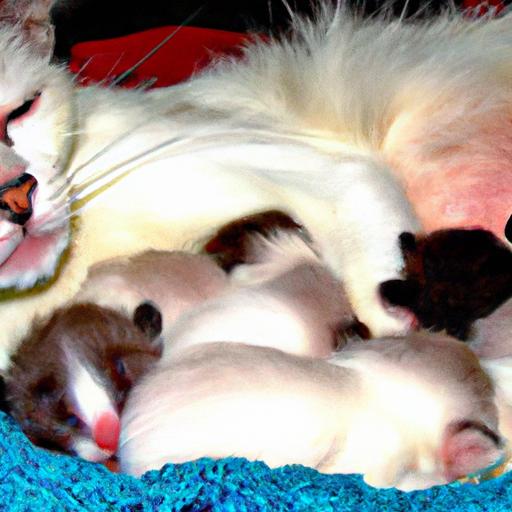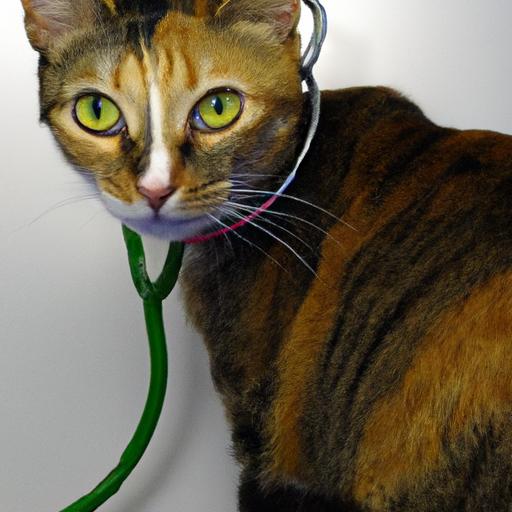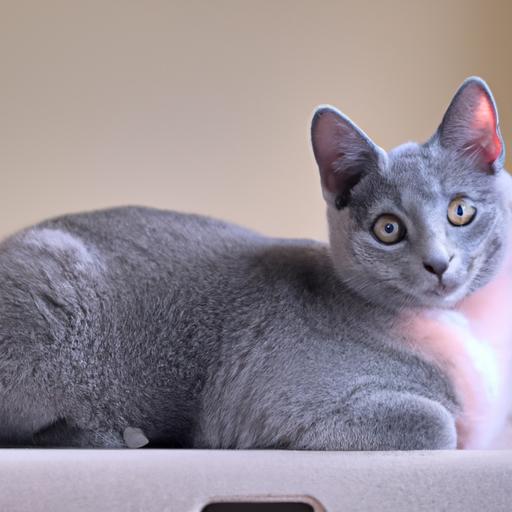
Feline Lymphocytic Plasmacytic Stomatitis: Diagnosis and Care
Learn about the diagnosis and care of Feline Lymphocytic Plasmacytic Stomatitis in cats. Discover effective treatments and management strategies.
Introduction
Feline Lymphocytic Plasmacytic Stomatitis (FLPS) is a painful oral disease that affects cats of all ages. It is characterized by severe inflammation in the mouth, leading to discomfort, difficulty eating, and poor overall health. In this article, we will explore the diagnosis and care required for cats suffering from FLPS, providing valuable insights for cat owners and veterinarians alike.

Diagnosis of Feline Lymphocytic Plasmacytic Stomatitis
Recognizing the symptoms of FLPS is crucial for early diagnosis and effective treatment. Cats with FLPS often exhibit signs such as excessive drooling, bad breath, reluctance to eat, weight loss, and oral ulcers. If you notice any of these symptoms in your cat, it is important to seek veterinary examination promptly.
During the examination, the veterinarian will carefully assess the oral cavity and may perform diagnostic tests such as biopsy, blood work, and dental X-rays. These tests help confirm the presence of FLPS and rule out other potential causes of oral inflammation. Early diagnosis allows for timely intervention, improving the prognosis for affected cats.

Care and Management of Feline Lymphocytic Plasmacytic Stomatitis
Medication and Treatment Options
Once diagnosed with FLPS, the veterinarian will recommend a tailored treatment plan for your cat. This may include anti-inflammatory drugs, pain medication, and immunosuppressive therapy to reduce oral inflammation and alleviate discomfort. In severe cases, extractions of affected teeth may be necessary.
Dental Hygiene and Oral Care Recommendations
Maintaining good dental hygiene is crucial for managing FLPS. Regular brushing of your cat’s teeth using a pet-safe toothbrush and toothpaste can help reduce plaque and prevent further oral complications. Additionally, your veterinarian may suggest dental rinses or gels to aid in the healing process and maintain oral health.
Dietary Adjustments for FLPS Cats
Providing a balanced and appropriate diet is essential for cats with FLPS. Soft or wet food may be recommended to ease eating difficulties and reduce irritation in the mouth. Some cats benefit from specially formulated dental diets that promote oral health. Consult with your veterinarian to determine the most suitable diet for your FLPS-affected cat.
Regular Veterinary Check-ups and Monitoring
Cats with FLPS require regular follow-up appointments to monitor their condition and adjust treatment as needed. Your veterinarian will assess the progression of the disease, evaluate the response to treatment, and address any concerns or complications that may arise. Consistent monitoring ensures the best possible care for your cat’s oral health.
Frequently Asked Questions about Feline Lymphocytic Plasmacytic Stomatitis
What are the common risk factors for FLPS?
While the underlying cause of FLPS is still unknown, certain risk factors have been identified. These include immune system abnormalities, viral infections, dental disease, and genetic predisposition. However, FLPS can affect any cat, regardless of their risk factors.
Can FLPS be cured completely?
Unfortunately, there is no definitive cure for FLPS. However, with proper diagnosis, care, and treatment, the condition can be managed effectively, allowing affected cats to lead comfortable lives. The goal of treatment is to control inflammation, reduce pain, and maintain oral health.
Are there any home remedies for FLPS?
While there are no home remedies that can cure FLPS, there are certain measures you can take to support your cat’s oral health. Regular brushing, providing a balanced diet, and ensuring a stress-free environment can contribute to overall well-being. However, it is vital to consult with your veterinarian for a comprehensive treatment plan.
How can I prevent FLPS in my cat?
Preventing FLPS is challenging since the exact cause is still unknown. However, maintaining good oral hygiene with regular toothbrushing, routine veterinary dental check-ups, and providing a balanced diet can help reduce the risk of oral diseases in general. Early detection and intervention are crucial for managing FLPS effectively.
Conclusion
In conclusion, Feline Lymphocytic Plasmacytic Stomatitis is a debilitating oral disease that requires prompt diagnosis and proper care. By recognizing the symptoms, seeking veterinary attention, and following recommended treatment plans, cat owners can provide their feline companions with the best possible chance at managing FLPS and maintaining oral health. Remember, early intervention is key, so if you suspect your cat may be suffering from FLPS, don’t hesitate to seek professional advice from a veterinarian. Together, we can ensure our feline friends receive the care and support they need to live happy and healthy lives.






























